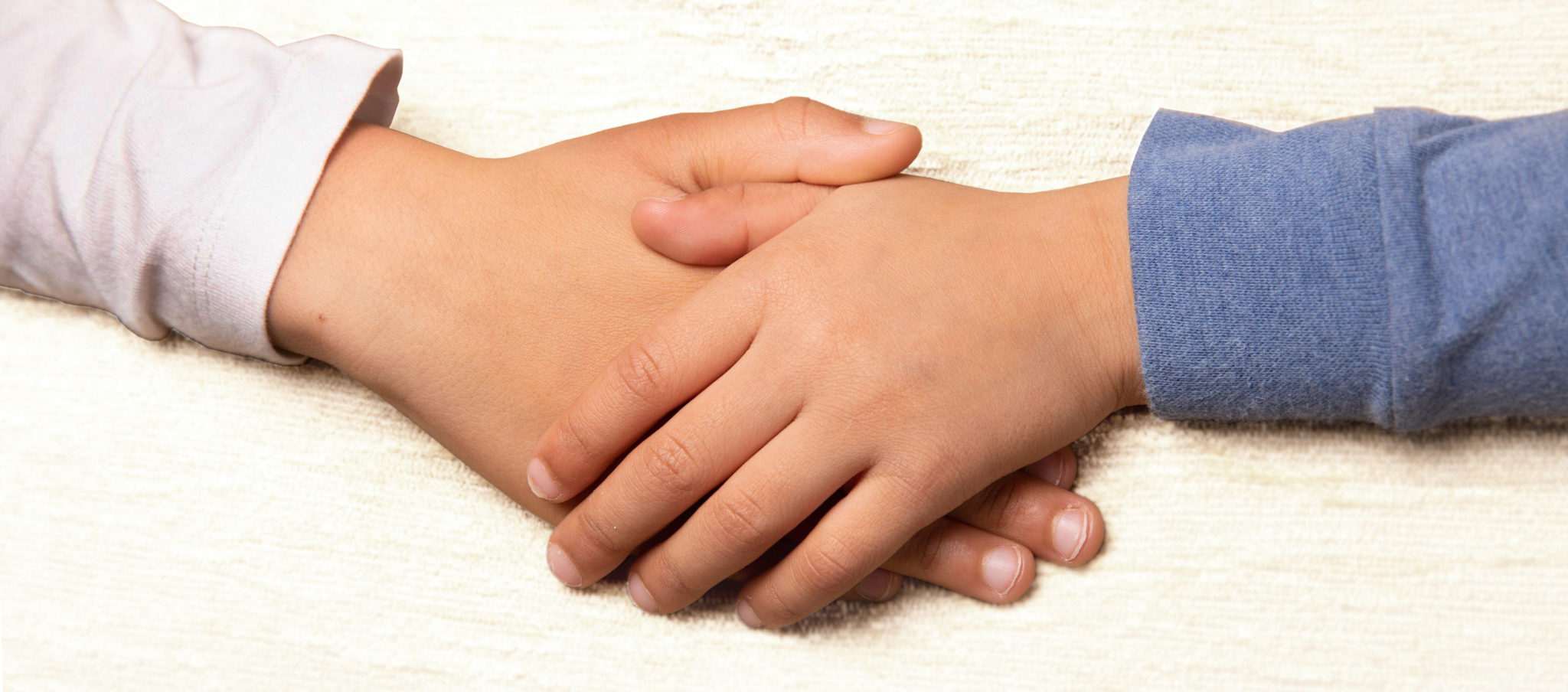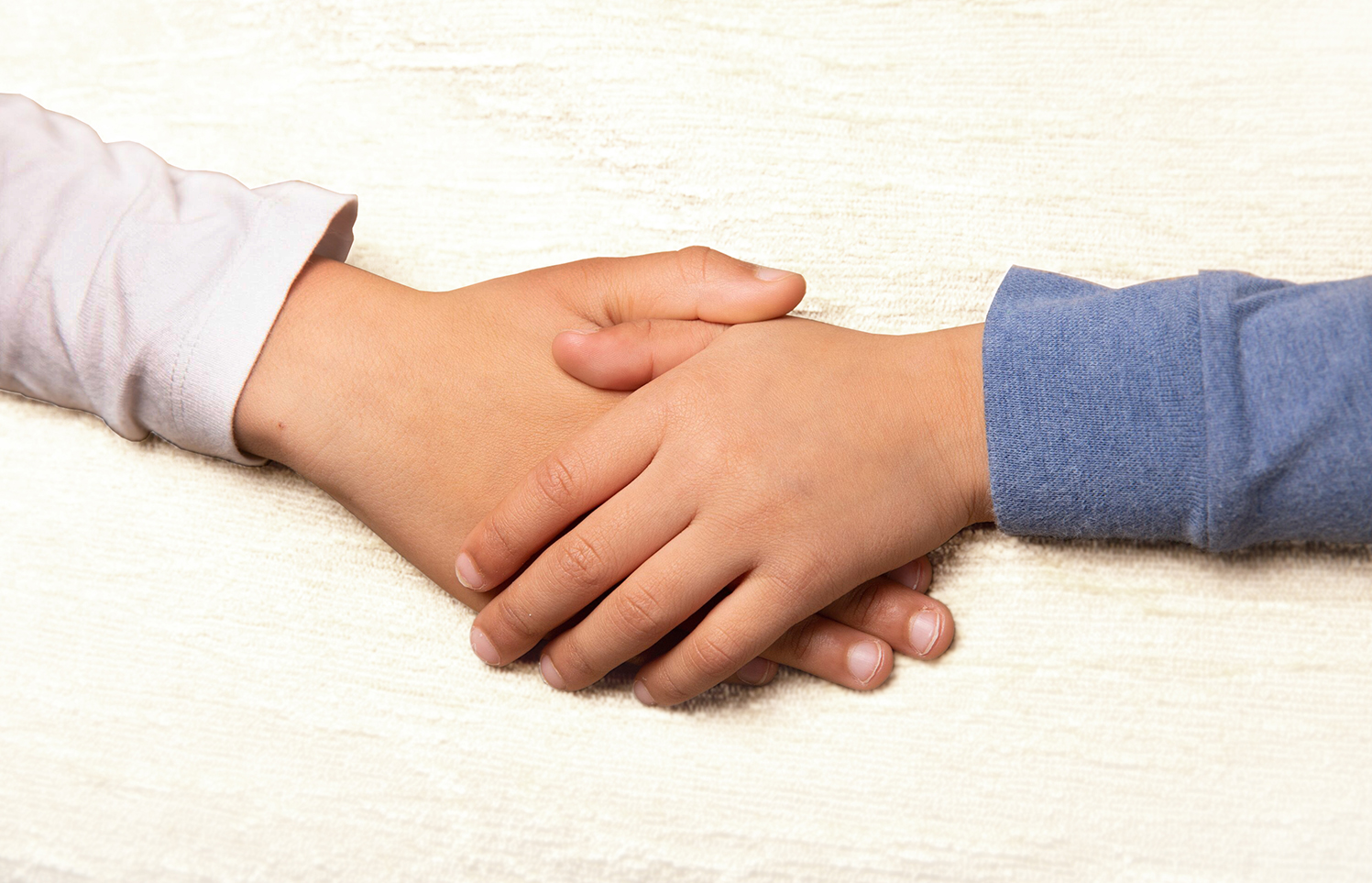While having a sibling with special needs presents challenges, it also comes with many opportunities. Children who grow up with siblings with special health or developmental needs may have more of a chance to develop positive qualities such as patience, compassion and helpfulness. They may show greater empathy for others, be more accepting of differences and may become more loyal as a result of standing up for their siblings.
Despite the upside of growing up with a sibling with special needs, “typically” developing children may, at times, have trouble coping with the difficulties that come with living in these unique family systems. With the magnitude of demands placed on families caring for children with special needs, siblings can often feel overlooked or overly responsible. Your “typical” children may resent that attention is diverted to their sibling and may feel guilty or embarrassed about their sibling’s behavior in front of friends. Additionally, family members may be impacted as siblings may not be able to relate or play at the same level. Your “typical” children may worry about the health and survival of their sibling and the possible future responsibilities, when parents will no longer be able to provide care. Siblings of children with special needs are at higher risk for depression and anxiety; they often experience loneliness or feelings that peers may not understand what they are going through. 3,4
I offer young children, tweens and teens living with a brother or sister with special needs a safe place to have their emotional needs addressed, learn skills to better relate to their siblings and understand that their frustrations are normal.
“My 8 year old struggles at times with the difficulties that come with having a brother with Down Syndrome. Lindsay’s sibling support program has been the perfect fit for our little Ava. She loves and looks forward to her “art time” with Lindsay. Lindsay’s playful spirit, patience and nurturing style have enhanced my daughter’s self-esteem and coping skills.”
I offer individual support and emphasize skill-building exercises that focus on the common challenges that siblings of special needs children face. I can help your “typical” children develop constructive and appropriate ways to express their feelings to make sure their needs are met.
With younger children, I use a variety of expressive arts and play therapy techniques that may include playdough, paint, games, sandplay miniatures and Kimochi dolls. These art supplies and toys can serve as powerful mental health tools that help children understand feelings, begin to relate feelings to their causes, learn appropriate coping strategies and work toward improving social-emotional skills.
I strive to help children of all ages learn to communicate in ways that build confidence, self-esteem and strong relationships.
While my sibling support is confidential, parents are involved in the process. Initially, we meet for a comprehensive assessment. The closing parent consultation summarizes learning and addresses any remaining concerns. I am also open to meeting with parents throughout the duration of my work with your child for issues that impact your child’s needs. Contact me to learn more.


